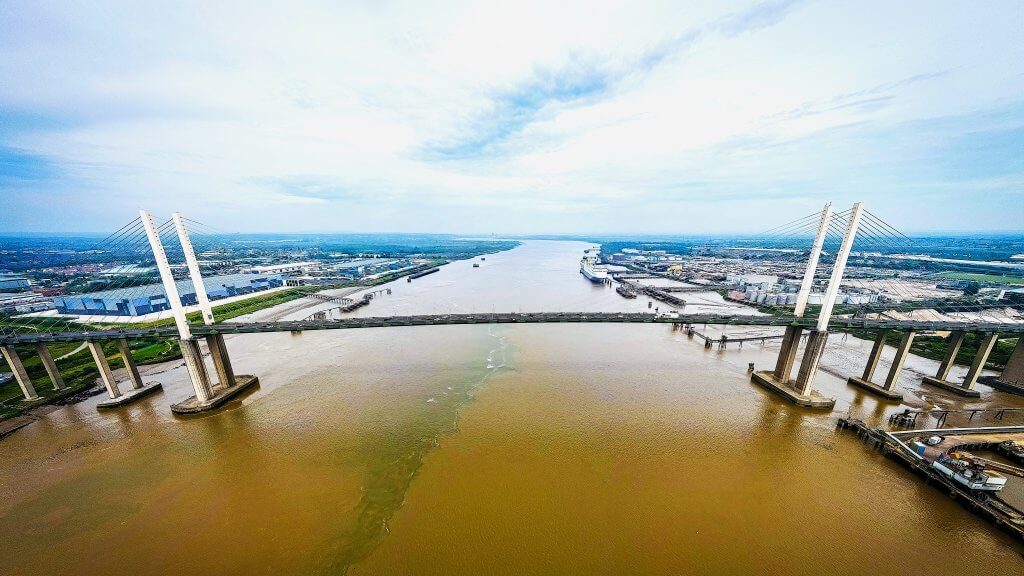Businesses Urge Government to Approve Lower Thames Crossing Amid Growing Infrastructure Delays

A coalition of UK businesses is calling on the government to fast-track development consent for the Lower Thames Crossing (LTC) by October 4, to address the growing congestion at the Dartford Crossing, one of the country’s most gridlocked routes.
The letter, coordinated by Logistics UK and signed by over 60 organizations, was addressed to Transport Secretary Louise Haigh and copied to Chancellor Rachel Reeves, stressing the importance of the project to the UK’s economy.
Among the signatories are major industry bodies such as the Civil Engineering Contractors Association, the Road Haulage Association, Associated British Ports, and companies like Asda and Morrisons.
The letter argues that construction of the LTC must start promptly to ease pressure on the Dartford Crossing and deliver a £40 billion boost to the UK economy. It also highlights that the project would become one of the UK’s largest construction initiatives, creating jobs and improving infrastructure, with the road potentially operational by 2030-32.
“If consented this year, construction will have started in time for the next general election, and it will be fully operational by the following one,” the letter states. “Delivering the LTC will be a symbol of the new government’s commitment to growth and productivity.”
The decision to approve the LTC’s development consent order (DCO) was delayed until at least October 4, due to the timing of the 2024 general election. Several other key infrastructure projects are also facing delays, including the proposed Sizewell C nuclear plant, which may not see a final investment decision until 2025.
One of the major concerns raised by the letter is the economic impact of congestion at the Dartford Crossing, estimated to cost the economy £200 million annually due to delays in goods transport and lost productivity.
Exporters, in particular, face uncertainty each time they use the crossing, which the letter likens to “a gamble” they cannot afford.
Sustainable transport campaigners, however, have voiced opposition to the LTC project. Michael Solomon Williams, head of campaigns for Campaign for Better Transport, criticized the decision to invest £9 billion in a road, calling it “bad business” with a benefit-cost ratio of only 1.22.
He urged the government to focus instead on rail freight and public transport, arguing that it would provide long-term economic and environmental benefits for the Kent and Essex regions.
While businesses emphasize the need for urgent approval to avoid further years of economic loss and congestion, critics argue that building new roads is not a sustainable solution to reducing traffic.
The decision on the LTC, along with other major infrastructure projects, remains uncertain as the government navigates environmental concerns and political pressure.




